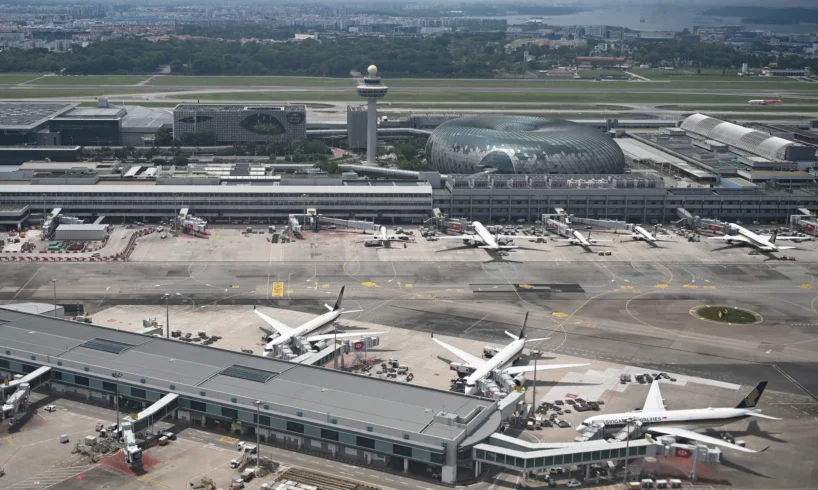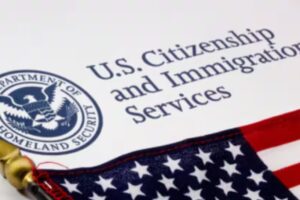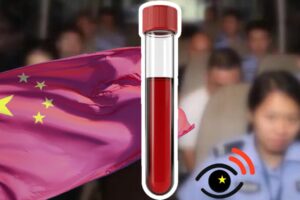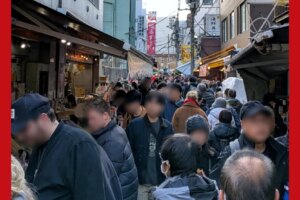
Levy for business and first class flights originating from Singapore ranges from S$4 to S$41.60; cargo levy from S$0.01 to S$0.15 per kg
[SINGAPORE] The Republic’s previously-announced sustainable aviation fuel levy will kick in on Oct 1, 2026 for all passengers and cargo on commercial flights originating in Singapore.
This is applicable to tickets or services sold from April 1, 2026, said the Civil Aviation Authority of Singapore (CAAS) on Monday (Nov 10).
The levy varies by destination and class of travel. For passengers, it ranges from S$1 to S$10.40 for economy class, and S$4 to S$41.60 for business and first class.
For cargo, the levy ranges from S$0.01 to S$0.15 per kilogramme.
First announced in 2024, the levy is part of the Singapore Sustainable Air Hub Blueprint for how to reach net-zero aviation emissions by 2050.
At a media briefing on Monday, CAAS director-general Han Kok Juan said: “As a global air hub and a council member of the International Civil Aviation Organisation, Singapore takes its environmental responsibilities seriously.
BT in your inbox
Start and end each day with the latest news stories and analyses delivered straight to your inbox.
“We are taking firm, considered steps to play our part while maintaining the competitiveness of the Singapore air hub.”
The levy is higher for longer flights, as those consume more fuel. Destinations are categorised into four groups for simplicity and ease of administration, said CAAS.
For flights with multiple stops, the levy will be calculated based on the aircraft’s next immediate destination. Passengers transiting through Singapore will not face the levy.
For an economy or premium economy ticket, the levy ranges from S$1 for South-east Asia to S$10.40 for the Americas.
The levy for premium cabin travel – Business or First class – is four times that of economy class for the same area of travel. This is based on International Air Transport Association data for calculating carbon emissions of passengers in different cabins of travel, said CAAS.
These rates are lower than previous estimates by CAAS, as the price of sustainable aviation fuel has since decreased.
Airlines will collect the levy for passengers and aircraft operators will collect for cargo shipments. The levy must be displayed as a “distinct line item” in the air ticket or cargo contract, said CAAS.
Controlled cost
Besides commercial flights, the levy also applies to general and business aviation. General aviation refers to flights for private, non-commercial purposes including leisure; business aviation includes private jets or charters.
For these flights, the levy amount depends on the destination and size of the aircraft.
For example, a small aircraft like the Cessna 404 Titan flying to South-east Asia has to pay a levy of S$40, while a very large aircraft like the Airbus A380 flying to the Americas has to pay a levy of S$6,500.
Certain flights, such as training flights or those for humanitarian purposes, will not face the levy.
The levies collected will go into a fund for the purchase of sustainable aviation fuel or related offsets, and to cover associated administrative costs.
Unlike green fuel mandates or incentives used elsewhere, the levy works on a “fixed cost envelope”. It has been calculated based on the price of sustainable aviation fuel needed to supply one per cent of total fuel use for flights departing from Singapore.
“For example, in 2026, if (sustainable aviation fuel) prices were to change, the levy that we’ve announced earlier will remain unchanged,” said Han.
“If the sustainable aviation fuel prices are higher than what we have estimated, what it means is that we will be achieving slightly less than the one per cent target,” he added – as less fuel can be purchased using the previously estimated levy collected.
“The fixed cost envelope approach is important because it allows us to manage the cost, and it allows us to provide certainty to aircraft operators as well as to passengers. They know how much they are paying when they buy a ticket.”
CAAS will not review the levy annually, but will do so in the future after deciding on updated sustainable aviation fuel targets, said Han.
Singapore’s one per cent target for sustainable aviation fuel will rise to 3 to 5 per cent by 2030, subject to global developments and wider adoption of the fuel, he noted.
The official announcement of the levy follows the Oct 30 establishment of the Sustainable Aviation Fuel Company (SAFCo), a non-profit company wholly owned by CAAS that will be the central procurer of sustainable aviation fuel.





